I have two Firestore collections, Users and Posts. Below are simplified examples of what the typical document in each contains.
 *Note that the document IDs in the
*Note that the document IDs in the friends subcollection are equal to the document ID of the corresponding user documents. Optionally, I could also add a uid field to the friends documents and/or the Users documents. Also, there is a reason not relevant to this question that we have friends as a subcollection to each user, but if need-be we change it into a unified root-level Friends collection.
This setup makes it very easy to query for posts, sorted chronologically, by any given user by simply looking for Posts documents whose owner field is equal to the document reference of that user.
I achieve this in iOS/Swift with the following, though we are building this app for iOS, Android, and web.
guard let uid = Auth.auth().currentUser?.uid else {
print("No UID")
return
}
let firestoreUserRef = firestore.collection("Users").document(uid)
firestorePostsQuery = firestore.collection("Posts").whereField("owner", isEqualTo: firestoreUserRef).order(by: "timestamp", descending: true).limit(to: 25)
My question is how to query
Postsdocuments that haveownervalues contained in the user'sfriendssubcollection, sorted chronologically. In other words, how to get the posts belonging to the user's friends, sorted chronologically.
For a real-world example, consider Twitter, where a given user's feed is populated by all tweets that have an owner property whose value is contained in the user's following list, sorted chronologically.
Now, I know from the documentation that Firestore does not support logical OR queries, so I can't just chain all of the friends together. Even if I could, that doesn't really seem like an optimal approach for anyone with more than a small handful of friends.
The only option I can think of is to create a separate query for each friend. There are several problems with this, however. The first being the challenges presenting (in a smooth manner) the results from many asynchronous fetches. The second being that I can't merge the data into chronological order without re-sorting the set manually on the client every time one of the query snapshots is updated (i.e., real-time update).
Is it possible to build the query I am describing, or am I going to have to go this less-than optimal approach? This seems like a fairly common query use-case, so I'll be surprised if there is not a way to do this.